2020 has been quite a year in Zimbabwe and across the world. The blog has had two major series of posts, and this wrap-up features both.
One has followed the COVID-19 pandemic in Zimbabwe, and particularly the consequences of lockdown in rural areas. The blogs are based on discussions with our team based across the country – from Mwenezi to Matobo to Masvingo to Gutu to Mvurwi. The pandemic measures have radically reshaped the rural economy, with diverse impacts on different people. Heavy-handed clamp-downs have combined with (as ever) plenty of innovation and adaptation as people find ways of surviving. Luckily, despite dismal predictions, Zimbabwe has as yet not been heavily affected by the disease, a pattern seen in many parts of Africa. Why this is will be the focus of continuing discussion in the new year when this series will continue.
2020 has also seen the 20th anniversary of the fast-track land reform. Our surveys across Masvingo province have continued throughout over 20 years, documenting how livelihood changed in this turbulent period in Zimbabwe’s history, where economic collapse, political chaos and continuous sanctions preventing investment by Western development agencies have persisted. The other major blog series this year therefore presents of the results of our longitudinal studies looking at what has happened in A2 medium-scale farms, A1 self-contained, villagised and informal settlements across Masvingo. The story is fascinating yet complex, and the blogs present much data to show how there have been both important successes, but also major challenges.
Links to the two blog series are presented below. Additional themes discussed this year include commentary on the important compensation deal signed between former white commercial farmers, yet another blog on land tenure (given the on-going intransigence of the debate) and one on conservation and development in the Lowveld. A new paper on the history of commercial farming in Mvurwi was also highlighted.
As ever the blog has been widely read across the world, with many thousands of views, multiple subscribers and plenty of reposts, notably in The Zimbabwean and Chronicle newspapers. The blog will return in the new year with more evidence-based research and comment on agriculture and rural development in Zimbabwe and beyond.
COVID-19 in Zimbabwe: a blog series
Women and young people in Zimbabwe’s COVID-19 economy, Nov 9
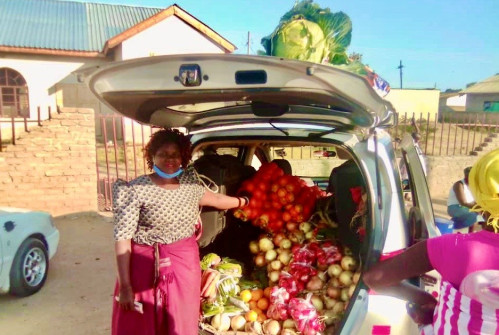
“Know your epidemic”: Reflections from Zimbabwe, Sep 27

Innovation in the pandemic: an update from Zimbabwe, Sep 7
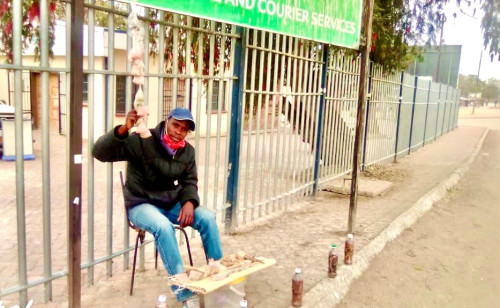
Viral politics and economics in Zimbabwe, Jul 27
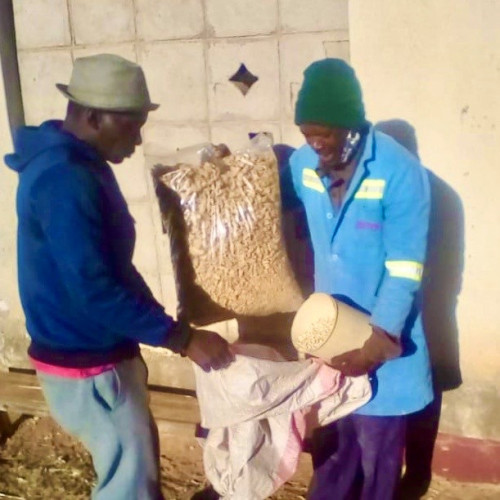
COVID-19 lockdown in Zimbabwe: ‘we are good at surviving, but things are really tough’, Jun 15

COVID-19 lockdown in Zimbabwe: a disaster for farmers, Apr 27
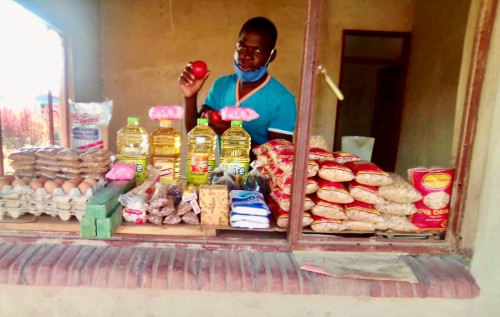
Surviving COVID-19 in a fragile state: why social resilience is essential, Mar 30
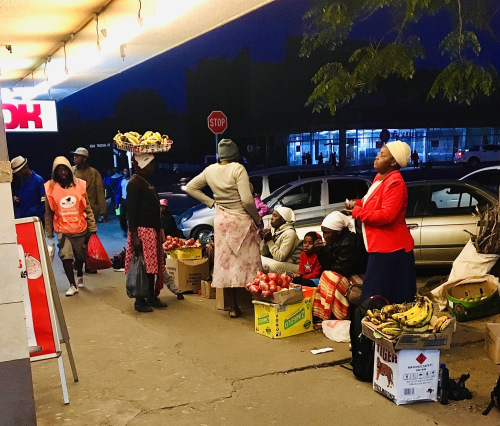
Twenty years after Zimbabwe’s land reform: a blog series
20 years after Zimbabwe’s land reform: what does the future hold? Jun 29
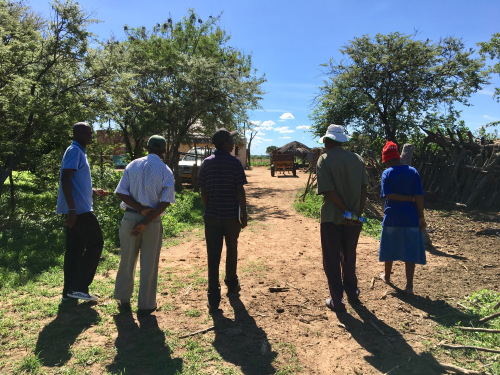
Zimbabwe’s land reform areas twenty years on (summary and reflection), Jun 22
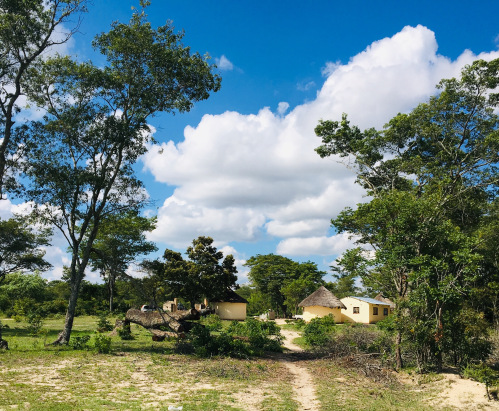
Zimbabwe’s land reform areas twenty years on (A2 areas), Jun 8
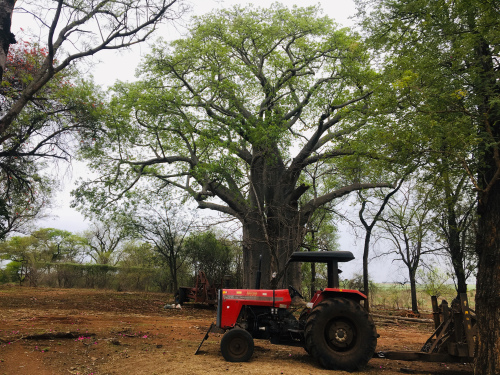
Zimbabwe’s land reform areas twenty years on (A1 informal settlements), Jun 1
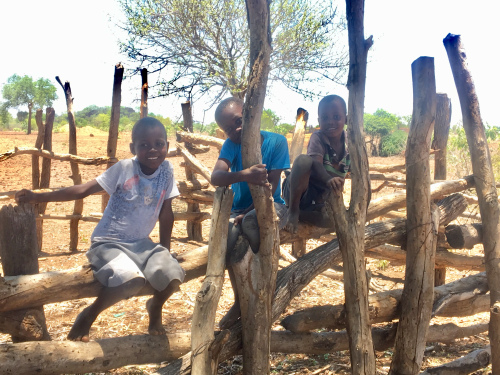
Zimbabwe’s land reform areas twenty years on (A1 villagised areas), May 25
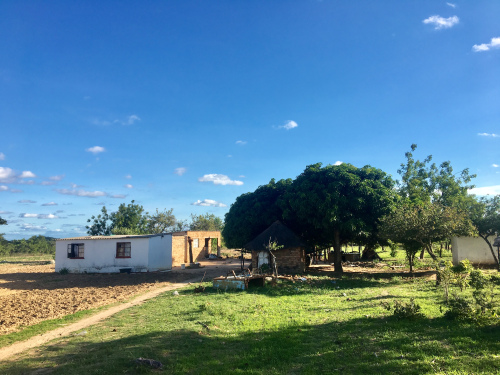
Zimbabwe’s land reform areas twenty years on (A1 self-contained areas), May 18

Zimbabwe’s land reform areas twenty years on: Introduction to the blog series, May 11
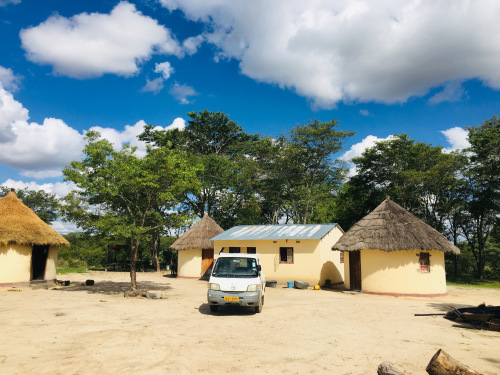
This post was written by Ian Scoones and first appeared on Zimbabweland.
COMMENTS
Your articles like many others always show improvements or otherwise in our country . You never hear about how such a rich country we can be again if allowed to. A country like Botswana was built by us but is better than ours today. While our expertise is all around the world the media tends to forget this but shows a picture of how we have “progressed” to date under this useless regime. What really has being achieved in our country this year or before besides never ending suffering for the majority. Nothing has been done to improve the lot of us all. Instead the regime is catering to the needs of rogue elements and countries. How long can this go on . How long!! Aluta continua